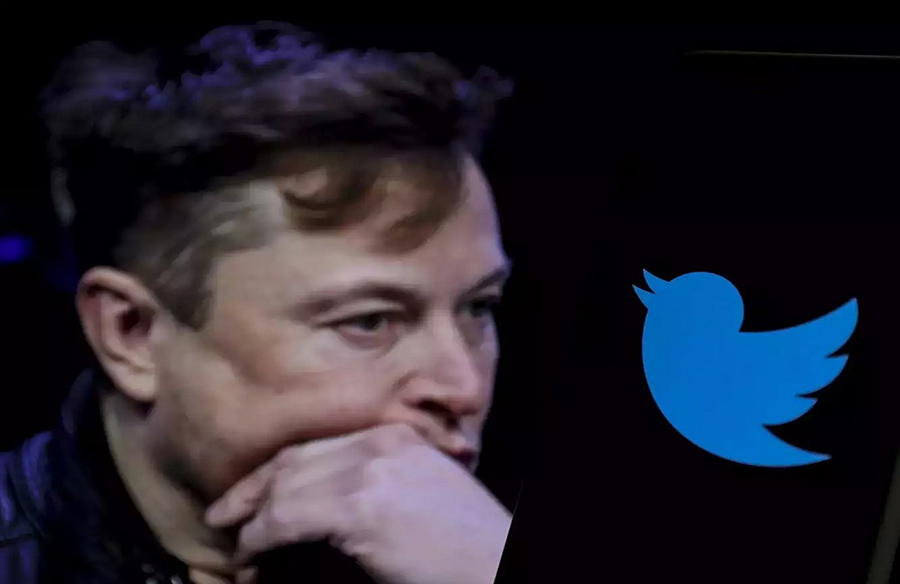
Elon Musk’s recent email to Twitter employees, urging them to embrace a culture of intense dedication to work, sheds light on broader trends within corporate America. While Musk’s approach may seem extreme, it reflects a growing emphasis on prioritizing work above all else in many workplaces.
Musk’s Call to Action
In his email, Musk set forth new expectations for Twitter employees, emphasizing the need for extreme dedication and long hours. Those who did not agree to these terms were offered severance packages. The response was mixed, with fewer than half of the employees opting to remain under Musk’s leadership.
The Cult of the “Ideal Worker”
Musk’s directive is emblematic of a broader corporate culture that values the “ideal worker” — individuals who prioritize their jobs above all other aspects of their lives. This expectation often leads employees to feel pressured to work excessively long hours, fearing that failure to do so will harm their careers.
Subtle Pressures in Corporate America
While Musk’s approach may be overt, similar pressures exist in many workplaces, albeit more subtly. Employers across industries often expect employees to be constantly available and willing to prioritize work over personal commitments.
The Pandemic’s Impact on Work Culture
The debate over remote work versus office returns, compounded by the phenomenon of “quiet quitting” in the tech industry, has heightened tensions between employers and workers. The pandemic has prompted individuals to reassess their priorities, leading many to seek a better balance between work and personal life.
Musk’s Uncompromising Work Ethic
Musk’s own work habits, characterized by relentless dedication and long hours, serve as a testament to his uncompromising approach to achieving his goals. Despite criticism, Musk remains steadfast in his belief that exceptional performance requires extreme commitment.
The Future of Work-Life Balance
As attitudes toward work continue to evolve, individuals are increasingly questioning the notion that success necessitates sacrificing personal well-being. Employers who fail to acknowledge this shift risk losing talented employees to organizations that prioritize work-life balance.
Conclusion: Navigating the Changing Landscape
Elon Musk’s directive to Twitter employees highlights the ongoing tension between employers’ expectations and employees’ desires for work-life balance. As workplaces evolve, it is crucial for organizations to foster cultures that support employees’ well-being while driving exceptional performance. Only by striking a balance between dedication and personal fulfillment can companies truly thrive in the modern era.




Leave a Reply